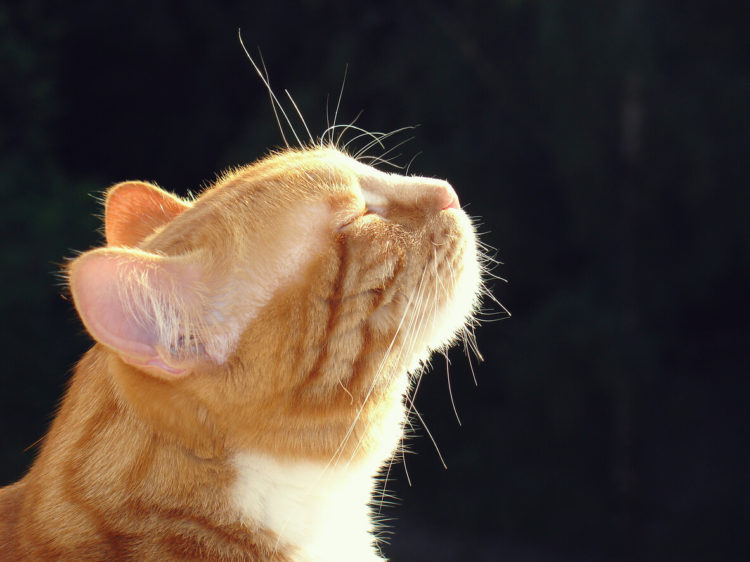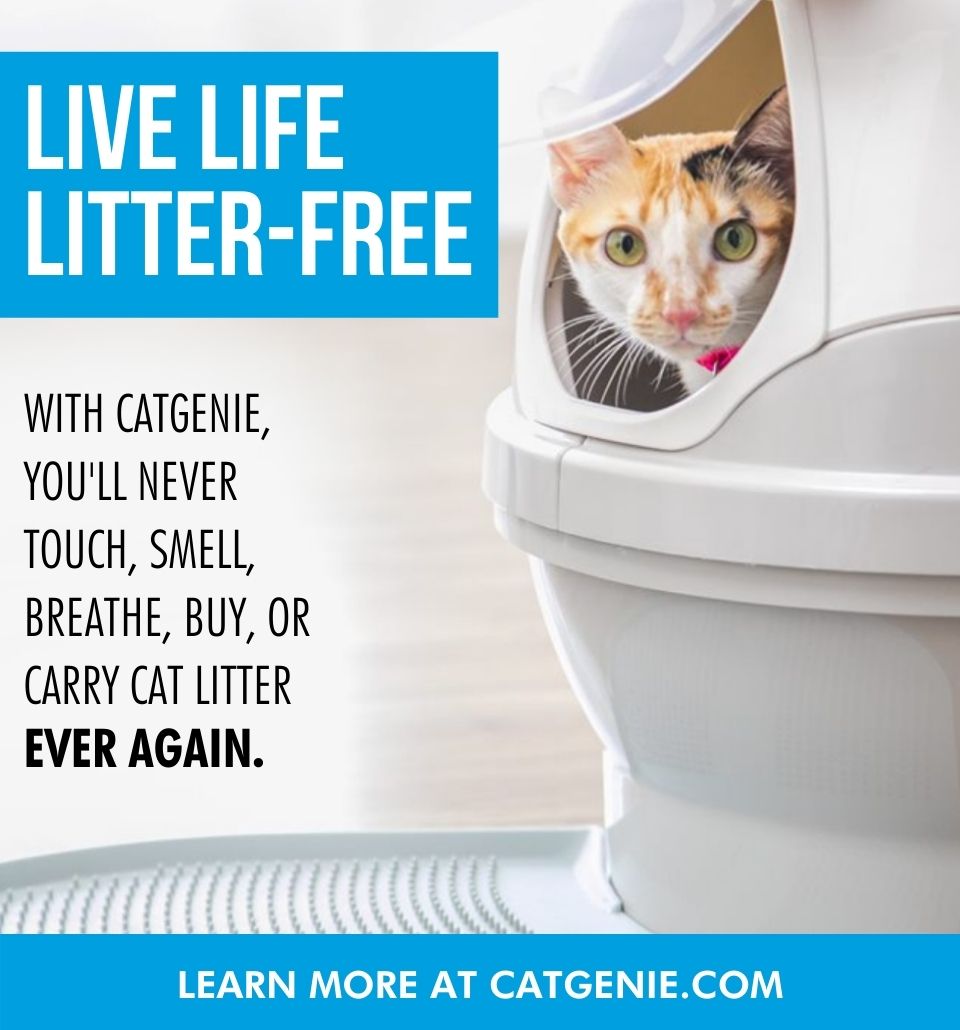Cats may seem like easy keepers. They don’t have to be let outside, taken for walks, or learn to sit and stay. Most kitties can get by comfortably with quality food, clean water, and generous love from their pet parents. But perhaps you should pay closer attention to your cat’s environment in order to keep your feline friend happy and healthy. Air quality, whether it’s too dry or too humid, can affect your cat’s health. It’s up to you to recognize the signs that something may be wrong with your kitty and fix it.
Dry as a Bone, or at Least Dry as Cold, Winter Air
You may have noticed during the cold winter months that there isn’t enough lip balm and hand lotion in the world to keep your lips and hands from cracking and feeling rough. That is because the cold, dry air draws moisture from your skin. This can be further exacerbated by the type of home heating that you use. Wood heating tends to be the worst. While a roaring fire may be nice to look at, it really drains the air of moisture. Not only does the dryness in the air leach moisture from your skin, it also steals it from your airways and sinuses. Dry airways can leave you more susceptible to coughing, sneezing, and nosebleeds.
Why do I bring all of this up in an article about your kitty’s health? Because she experiences the same issues with dry air. You may notice when the weather turns cool that your cat’s once fine hair coat becomes riddled with dandruff and that she starts keeping you up at night with scratching. Her skin dries out too and if your kitty already has a propensity for itchy skin, you may have some real trouble.
Dry air can also have your kitty coughing and sneezing more. Dry airways and mucous membranes are more prone to irritation. Irritation leads to coughing and sneezing, coughing and sneezing leads to irritation, so you can see there is a vicious cycle. Kitties with asthma, chronic bronchitis or other respiratory issues will be especially affected by low humidity air.
So what are you supposed to do? After all, you can’t slather your kitty in lotion or dose him up with antitussives. The best treatment for your cat’s dry air ailments is to boost the humidity. In most cases this can be done by running a humidifier. You may remember your mom blasting the humidifier with every sniffle you experienced as a child. They work by increasing the moisture in the air and there are many different versions to choose from. Just be sure to not overdo it and make the air too humid. If you heat with a wood or propane burning stove, you can place a kettle of water or full tea pot on the stove surface to evaporate as the stove warms up, providing more moisture for the air.
Oh, The Humidity
Summer may have you dreaming of long days lying in the shade sipping iced tea and…sweating. Sweating is your body’s way of cooling off and it is quite effective, unless the air around you is humid. When the air contains a lot of moisture, your sweat doesn’t evaporate as efficiently. Now think of your poor kitty who doesn’t even have the ability to sweat. High humidity makes it very hard for him to stay cool during those warm summer months.
High temperatures are bad enough on your kitty, but most can manage well even when the thermometer hits the 90s as long as the humidity is low. Cats combat high temperatures by staying in the shade and panting, but when the humidity starts to climb this may not be enough. Cats only possess sweat glands in the pads of their feet, which don’t provide much cooling benefit. Some cats will lick their hair to try to simulate the cooling effects of sweating. If the humidity is high enough, the saliva won’t evaporate quickly so your kitty won’t be cooled off. This means it’s very important that you help control the humidity in your cat’s environment to prevent complications such as heat exhaustion, heat stroke, and dehydration.
Reducing the humidity in your home may be no easy task. Humidity can be decreased by cooling the air with an air conditioner or by using a fan. You can also provide some cooling to your cat by placing damp towels or wrapped ice packs in his favorite bed. Most importantly always make sure your kitty has access to lots of fresh, cool water not only to help cool but also to help prevent dehydration. You can also try adding a little canned food to his diet to further increase his fluid intake.
The air in your home can have a major impact on your cat’s health. When you start to feel the effects of high or low humidity, make sure to pay extra attention to how your cat is affected as well.







My 16+ Maine coon who is on Mirataz and Amodip suddenly is struggling. If is very hot here in UK and high humidity. Had her to vet as she will not eat. Blood tests done. Ckd but not too bad. Lowish potassium. Heart fine. Vet now saying to consider euthanasia but I donf feel she has given up. Syringe feeding her, which she hates.mirataz previously worked but stopped. Could the heatwave be the cause. She was ok one day then the next stopped eating suddenly stopped eating. Has had Covenia for
possible infection.